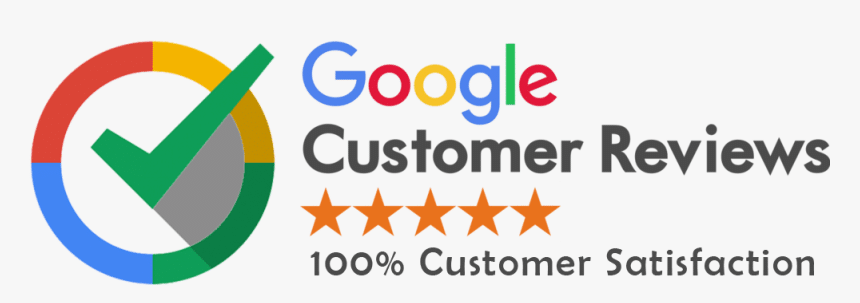Daily Deal Websites have gained immense popularity as platforms offering time-limited discounts. These sites attract both customers looking for bargains and businesses seeking exposure. However, they tend to be more effective for promoting products than services. Here, we explore why this is the case and provide actionable insights for businesses considering these platforms.

The Tangibility Advantage of Products
Products are tangible—customers can see, touch, and assess them before making a purchase. This physicality offers immediate gratification, making discounts on products more compelling. For example, a customer can easily evaluate a 50% discount on a smartwatch by comparing its specifications and price with alternatives.
Services, on the other hand, are intangible. Their value is often harder to communicate through a brief description or a discount percentage. For instance, the quality of a spa service or a coaching session cannot be fully appreciated until after it has been experienced.
Clear Pricing and Value Perception
Products typically have fixed prices, enabling customers to immediately understand the value of a discount. A pair of headphones priced at $100 with a 40% discount is straightforward to evaluate.
Services, however, often involve customization or variable pricing. For example, the cost of a home cleaning service might depend on factors like property size or specific cleaning needs. This variability can confuse customers, making it difficult to assess the true value of the deal.
Inventory and Scalability Challenges
Daily deal websites work well for clearing excess inventory of products. Businesses can easily allocate a specific number of items for the promotion, ensuring manageable supply-demand dynamics.
Services, particularly those requiring skilled professionals, face limitations. A salon offering a discounted haircut deal may quickly become overbooked, leading to delays and dissatisfied customers. Unlike products, services are not scalable without proportionally increasing resources, such as hiring more staff.
Impulse Purchases Drive Product Sales
Daily deals thrive on creating urgency. Customers are encouraged to act quickly to secure limited-time offers. Products lend themselves well to this impulsive buying behavior. For example, a discounted gadget can attract spontaneous purchases with minimal deliberation.
Services, by contrast, usually require more thought and planning. Customers may need to schedule appointments, assess the provider’s reputation, or consider their own availability before making a decision.
Expiry Dates and Service Utilization
The time-sensitive nature of daily deals can create issues for service providers. Customers purchasing service deals may struggle to redeem them within the stipulated timeframe. This can lead to scheduling conflicts, unmet expectations, and negative reviews.
For instance, a discounted dental cleaning deal might result in a rush of bookings toward the expiry date, overwhelming the provider and leaving some customers dissatisfied.
Quality Control and Consistency
Products are generally easier to standardize and maintain consistent quality. Services, however, depend heavily on the expertise and approach of the provider. A surge in demand from a daily deal promotion can strain resources, resulting in inconsistent service quality.
For example, a restaurant offering a discounted three-course meal may face challenges maintaining food quality and timely service during peak demand periods.
Customer Reviews and Reputation
Products can be reviewed based on objective features, such as durability or functionality. Services rely more on subjective customer experiences, which can vary widely. A negative experience due to overwhelming demand can tarnish a service provider’s reputation, potentially outweighing the benefits of the promotion.
Brand Perception and Value Proposition
Daily deal websites often emphasize discounts, which can conflict with a service provider’s branding strategy. Services that aim to position themselves as premium offerings may find their perceived value diminished by association with heavy discounts. For instance, a luxury spa offering steeply discounted packages might struggle to attract full-paying clients later.
Overcrowded Marketplaces
Daily deal websites often feature numerous competing service providers. This crowded environment can dilute visibility and make it harder for a business to stand out. Products, with their clear specifications and appeal, can capture attention more easily in such scenarios.
Alternative Strategies for Service-Based Businesses
While daily deal websites may not be ideal for promoting services, there are alternative strategies that can yield better results:
- Targeted Promotions: Offer tailored discounts to a specific audience segment, ensuring relevance and higher conversion rates.
- Referral Programs: Encourage existing customers to refer friends by offering incentives.
- Loyalty Rewards: Build long-term relationships by rewarding repeat customers.
- Content Marketing: Showcase your expertise through blogs, videos, and testimonials, building trust with potential clients.
- Social Media Campaigns: Leverage platforms like Instagram or Facebook to engage directly with your audience and highlight the unique aspects of your service.
Conclusion
Daily deal websites are undeniably powerful tools for promoting products, thanks to their tangibility, clear pricing, and suitability for impulse buying. Services, however, face challenges such as scalability, quality control, and reputation management. Businesses offering services should carefully consider alternative marketing strategies to better showcase their value and build lasting customer relationships.
By understanding the dynamics of daily deal platforms and tailoring their approach, businesses can make informed decisions that align with their goals and customer expectations.


